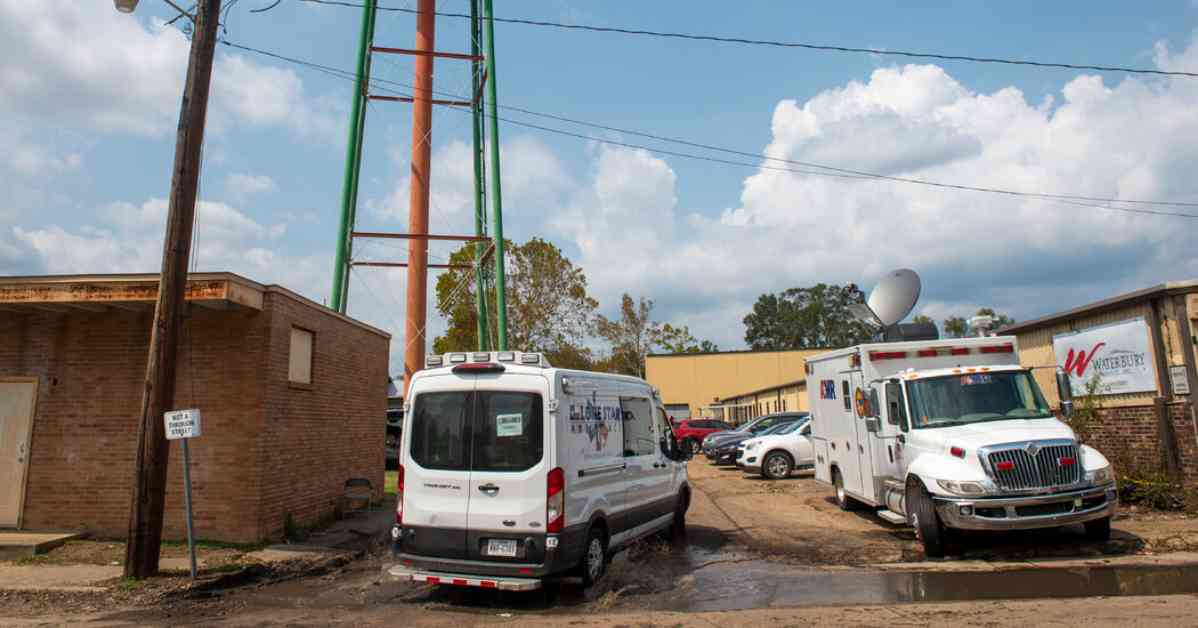Bob Glynn Dean Jr., the owner of a nursing home in Louisiana, has been sentenced to three years of probation for his involvement in a fatal hurricane evacuation incident. Despite facing multiple criminal charges, including cruelty to the infirmed and Medicaid fraud, Dean will not serve any time in prison if he successfully completes his probation.
The case dates back to September 2021 when Dean sent over 800 residents of his nursing home to a warehouse with poor sanitation and inadequate food supplies as they prepared for Hurricane Ida. The conditions at the warehouse were deemed unsuitable by authorities, leading to Dean’s subsequent legal troubles.
During his court appearance at the Tangipahoa Parish Courthouse in Amite, Louisiana, Dean pleaded no contest to the charges against him. Judge Brian Abels sentenced him to 20 years in prison but deferred the sentence, opting for three years of probation instead. In addition to probation, Dean was ordered to pay over $355,000 in restitution to the state’s Department of Health and more than one million dollars as a monetary penalty to the state’s Department of Justice.
The Louisiana attorney general, Liz Murrill, expressed disappointment with the sentencing outcome, stating that prosecutors had advocated for Dean to serve a minimum of five years in prison. Despite their efforts, the judge ultimately decided on probation for Dean.
Murrill emphasized the importance of holding Dean accountable for his actions, citing the severity of the situation and the need for justice to be served. While the judicial system has the final say in sentencing, Murrill maintained her belief that Dean should have received a prison sentence.
The case highlights the critical importance of ensuring the safety and well-being of vulnerable populations, especially during times of crisis such as natural disasters. The sentencing of Dean serves as a reminder that individuals in positions of authority and responsibility must act with integrity and compassion towards those under their care.
As the community reflects on this tragic event, it is essential to reevaluate emergency preparedness protocols and prioritize the needs of the most vulnerable members of society. By learning from past mistakes and holding individuals accountable for neglect and mistreatment, we can work towards a safer and more compassionate future for all.




